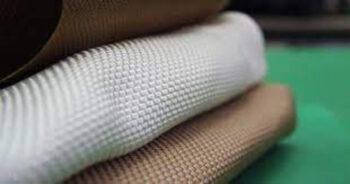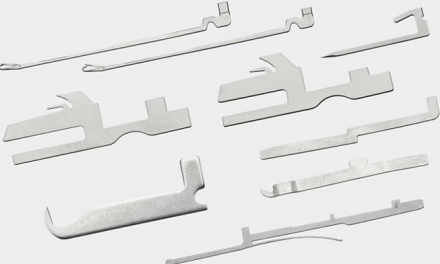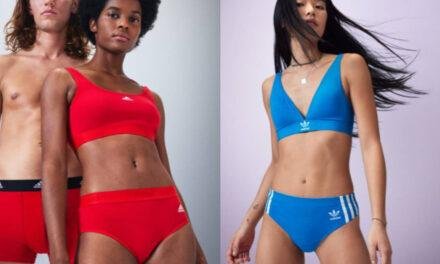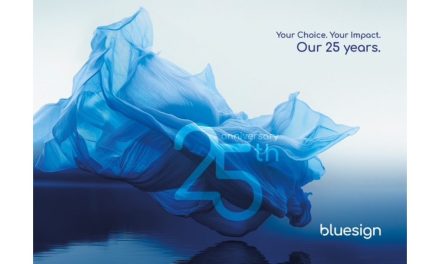 The global coated fabrics for defense market size are likely to reach $4,541.4 mn in 2023. Global coated fabric for defense sales will rise at 3.7% CAGR over the next ten years. By the end of 2033, total coated fabrics for defense market valuation are set to cross a valuation of $6,530.9 mn.
The global coated fabrics for defense market size are likely to reach $4,541.4 mn in 2023. Global coated fabric for defense sales will rise at 3.7% CAGR over the next ten years. By the end of 2033, total coated fabrics for defense market valuation are set to cross a valuation of $6,530.9 mn.
Fabrics that have undergone a coating procedure for modification of functionalities are called coated fabrics. Coated fabrics are created from both woven and non-woven textiles by laminating or coating fabric with polymer, rubber, or various other materials. Addition of coatings makes fabric surface more impervious to damage.
Fabrics made of polyvinyl chloride, polyurethane, Teflon, and neoprene find numerous applications in the defense sector. These fabrics are useful in several environmental challenges such as fire, UV radiation, scratches and abrasions, chemicals and oils, and more.
Coated fabrics hold added properties such as waterproofing, durability, chemical resistance, abrasion resistance, flame resistance, and thermal resistance. Thanks to these features, coated fabrics are gaining immense traction across defense & military sector.
Coated fabrics have become an integral part of defense & military sector. This is due to their ability to provide invaluable properties to military forces and equipment. Rising usage of coated fabrics in several military & defense applications will boost the global market.
Fabrics such as PVC coated fabrics and polymer coated fabrics are gaining wider popularity. Coated fabrics find application in personal protective equipment in defense industry. This is due to their ability to protect the wearer from various hazards. These fabrics are used in helmets, gloves, face shields, etc.
Burgeoning demand for coated fabrics from military aircraft will bolster coated fabric sales worldwide. Coated fabrics such as polyester, Teflon, and aramid are widely used in parachute release bags, flight suits, ejector seat covers, anti-gravity pants and suits, troop seating, aircraft flotation bags, and several other applications.
Changing warfare strategies, owing to the rising border conflicts in various countries are driving these countries to procure highly advanced next-generation aircraft & ships. This increasing demand for aircraft is expected to stimulate the use of coated fabrics in numerous aircraft components. Driven by this, coated fabric sales in defense sector will rise at a significant pace.
Key Trends Shaping the Global Coated Fabrics for Defense Industry
Increasing Military and Defense Spending to Boost Coated Fabrics for Defense Industry:
The global military and defense sector is witnessing a significant increase in expenditure. Various governments are spending huge amounts to strengthen their defense sector. This rising expenditure in the military and defense sector, particularly in emerging economies, will lead to a surge in the production of several military artillery and protective equipment. This in turn will propel the use of coated fabrics such as neoprene, Teflon, and polyester over the next ten years.
Government of various countries are increasing their budgets for the defense industry. They are allocating higher budgets for weapons, uniforms, vehicles, and other equipment. According to the latest data published by the Stockholm International Peace Research Institute (SIPRI), the total global military spending increased by 0.7% in 2021. It reached a massive valuation of $ 2,113 bn. The United States, Russia, India, and the United Kingdom are the top five spenders accounting for 62% of expenditure in 2021. Increasing military and defense spending by these countries will drive the global coated fabrics for defense market through 2033.
What Makes the United States a Key Market for Coated Fabrics for Defense?
Burgeoning Military Expenditure Making the USA a Key Market for Coated Fabrics for Defense
The United is likely to remain one of the key markets for coated fabrics for defense through 2033. The country with a market share of 18.9% is estimated to be one of the leading consumers of coated fabrics across the globe.
The United States leads the global market for defense equipment manufacturing and trade, as per a survey conducted. It is known to have one of the largest military expenditures in the world. The country spent around $800 bn in military and defense in 2021.
Keeping the growing geopolitical tensions in mind, the United States is set to continue its remarkable annual military expenditure over the forecast period. The United States coated fabrics for defense market create an absolute $ opportunity of $436.7 mn by 2033. Between 2023 and 2033, coated fabric sales for defense in the country are set to rise at 4.2% CAGR.
Competitive Landscape
The global coated fabric for defense industry is highly consolidated. This is due to presence of several key coated fabric manufacturers across the globe. Tailored solutions offered by market leaders that comply with strict regulations and requirements are creating hindrance for new entrants in the market. This has shifted bargaining power toward the supplier side, resulting in higher profit margins for leading manufacturers.
Significant increase in military expenditure in emerging economies is creating substantial demand for cost-efficient products with optimum performance. This is creating a favorable environment for new entrants in the market.
New product launches, mergers, and acquisitions are go-to strategies of several manufacturers. Various manufacturers are also significantly investing in the development of new and advanced technologies to enhance the recyclability of materials.
Key Developments:
In December 2021, Trelleborg Group through its Trelleborg Industrial Solutions acquired polymer-coated fabrics operations of USA-based, privately owned company Alpha Engineered Composites to enter new markets in coated fabrics.
In February 2023, Carrington Textiles unveiled its latest innovations in military textiles at the International Defense Exhibition (IDEX) in Abu Dhabi.






















